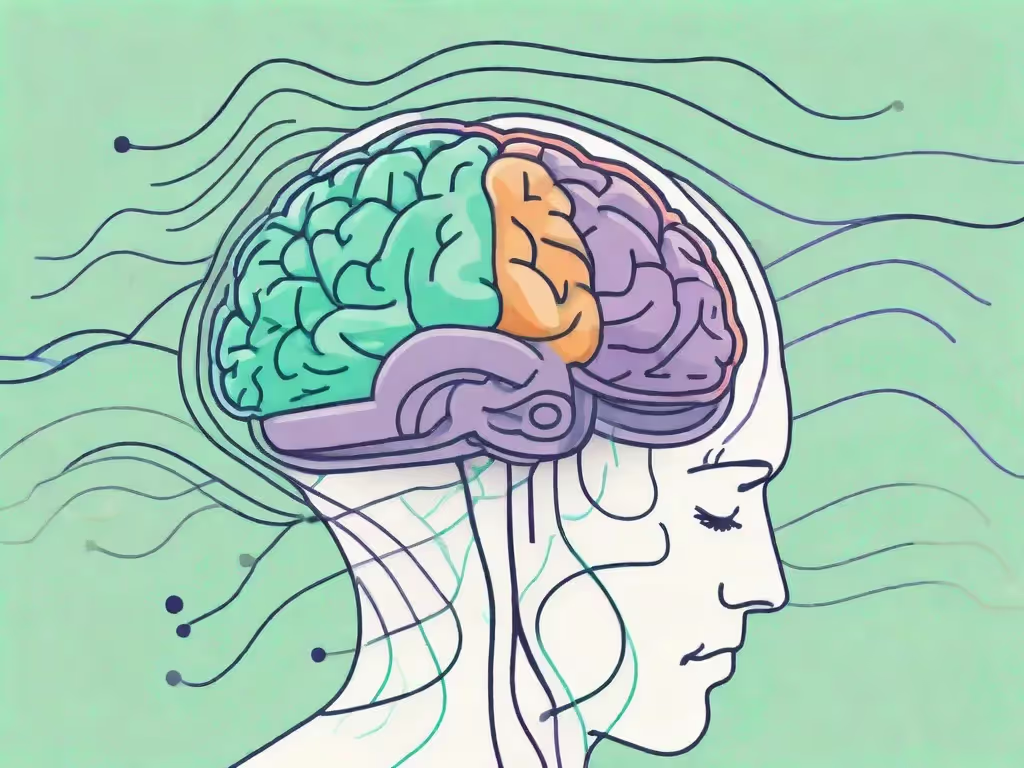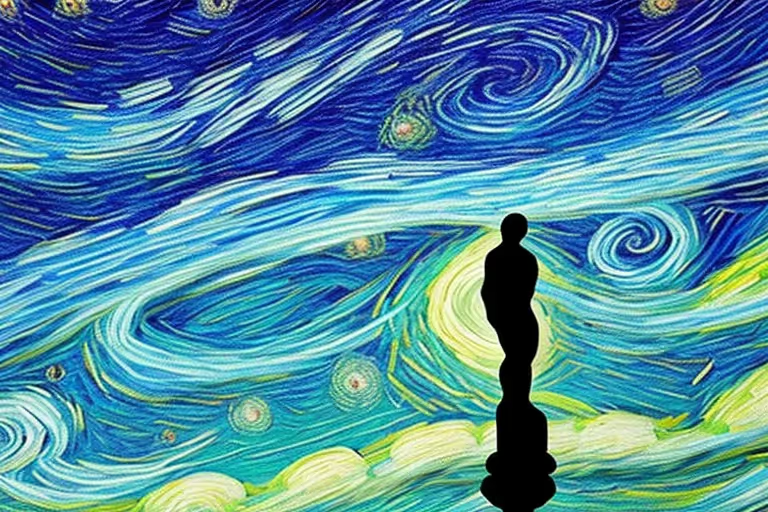We all experience dislike at some point in our lives. Whether it's a distaste for certain foods, a pungent smell, or even a confrontation with someone we don't get along with, dislike is an emotion that impacts us all. But have you ever wondered what happens in our brains when we experience this negative emotion? In this article, we will delve into the intricate workings of the brain to understand how it responds to dislike.
Understanding the Concept of Dislike
Before we can explore the brain's response, it's important to establish a clear understanding of what dislike entails. Dislike is often viewed as the opposite of liking, but it goes beyond a mere absence of positive feelings. Dislike carries with it a sense of aversion, an active rejection of something or someone. Psychologically, dislike can stem from a variety of factors such as personal values, past experiences, or even societal norms.
Dislike is a complex emotion that can manifest in different ways depending on the individual and the situation. It can range from a mild distaste to a strong feeling of repulsion. When we dislike something, it can affect our thoughts, emotions, and behaviors, influencing how we interact with the disliked person or thing.
One aspect of dislike is the automatic aversion that can be triggered by the mere presence of certain individuals. This can happen when someone reminds us of someone we've had negative encounters with before. Our brain makes associations based on past experiences, and if those experiences were negative, we may develop an instant dislike for someone who resembles that person.
Another factor that contributes to dislike is our values and belief systems. Our personal values shape our preferences and judgments, and when someone or something contradicts those values, we are more likely to experience dislike. For example, if we strongly value honesty, we are more likely to dislike individuals who are dishonest. This dislike is not just a passive disinterest, but an active rejection of their behavior or character.
The Psychological Perspective
From a psychological standpoint, dislike is rooted in our cognitive and emotional processes. The very perception and interpretation of a person or situation can trigger feelings of dislike. Our brain constantly evaluates and categorizes information, and if something does not align with our expectations or beliefs, we may develop a negative attitude towards it.
Dislike can also be influenced by social and cultural factors. Society often shapes our preferences and attitudes through norms and expectations. For example, certain behaviors or appearances may be considered socially unacceptable, leading to a widespread dislike for individuals who exhibit those traits.
Furthermore, dislike can be influenced by our own insecurities and fears. Sometimes, we may dislike someone because they possess qualities or achievements that we feel threatened by. This can stem from feelings of envy or a desire to protect our own self-esteem.
The Biological Perspective
Examining dislike from a biological perspective reveals that our brains play a crucial role in how we respond to negative stimuli. When faced with something we dislike, our amygdala, the brain's emotional center, gets activated. The amygdala is responsible for processing emotions such as fear and anger. When dislike is experienced, the amygdala becomes active, triggering the release of stress hormones and preparing us for a fight-or-flight response.
Additionally, other brain regions, such as the prefrontal cortex, are involved in regulating and modulating our dislike response. The prefrontal cortex helps us evaluate and control our emotions, allowing us to regulate our dislike and make rational decisions based on the situation.
It is important to note that the experience of dislike is subjective and can vary from person to person. What one individual dislikes, another may find appealing. Dislike is a complex interplay of psychological, social, and biological factors, and understanding its intricacies can provide insights into human behavior and relationships.
The Brain's Reaction to Negative Stimuli
Negative stimuli can provoke strong reactions in the brain, especially when it comes to dislike. Two key brain regions are particularly involved in this process: the amygdala and the prefrontal cortex.
The Role of the Amygdala
The amygdala, as mentioned earlier, is responsible for triggering the initial emotional response to dislike. Recent data shows that the amygdala is particularly sensitive to negative stimuli, quickly alerting the rest of the brain to potential threats. This heightened sensitivity explains why dislike can have such a powerful impact on our emotions.
The Impact on the Prefrontal Cortex
While the amygdala is responsible for the initial emotional response, the prefrontal cortex is involved in regulating and controlling our reactions. This region of the brain helps us process and evaluate the information received from the amygdala, playing a crucial role in our ability to exert control over our emotional responses. However, this control can be compromised when faced with intense dislike.
The Emotional Impact of Dislike
Dislike not only triggers emotional responses, but it is also closely connected with specific emotions such as anger and fear.
The Connection Between Dislike and Anger
Dislike and anger often go hand in hand. When we dislike someone or something, it can ignite feelings of anger within us. This anger may stem from a sense of injustice, betrayal, or conflicting values. This emotional linkage between dislike and anger further intensifies our negative response, making the experience even more unpleasant.
The Link Between Dislike and Fear
Fear is another emotion closely associated with dislike. As dislike can be triggered by situations or people that pose a potential threat, our brains naturally engage the fear response. This innate reaction is designed to keep us safe from harm, but it can also heighten the negative impact of dislike in our lives.
The Cognitive Process of Dislike
Dislike not only affects our emotions but also influences our cognitive processes, particularly in the areas of perception and decision-making.
Perception and Interpretation of Dislike
Our dislike for something or someone can color our perception and interpretation of them. It can lead us to focus only on negative aspects, distorting our understanding of the whole picture. This tendency to selectively attend to negative information can reinforce our dislike and hinder our ability to form objective judgments.
The Influence of Dislike on Decision Making
Dislike can also impact our decision-making processes. When faced with choices involving something or someone we dislike, our brains tend to prioritize avoiding these options. This bias can lead to suboptimal decisions and limit opportunities for growth and change.
Coping Mechanisms and the Brain's Response to Dislike
Given the negative impact of dislike, it is important to explore coping mechanisms that can help regulate our brain's response.
The Role of Resilience
Resilience plays a vital role in how our brains respond to dislike. Developing resilience allows us to bounce back from negative experiences and emotions more effectively. By fostering a resilient mindset, we can minimize the impact of dislike on our overall well-being.
The Power of Emotional Intelligence
Emotional intelligence, the ability to recognize and regulate our own emotions, is another essential coping mechanism. By increasing our emotional intelligence, we can better understand and manage our dislike, fostering more positive interactions and relationships.
Understanding the brain's response to dislike gives us valuable insights into how we can navigate and cope with this emotion. By harnessing our resilience and emotional intelligence, we can maintain emotional balance and lead more fulfilling lives, despite encountering various sources of dislike.
That's where Aura Health App comes in. With its engaging features and expert-led exercises, Aura Health App can help you explore and develop resilience and emotional intelligence. By incorporating the app into your daily routine, you can unlock the potential to decode your brain's response to dislike and pave the way for a happier and more meaningful life.
Aura is Your All In One App for Meditation, Mindfulness Wellbeing
Find peace every day with one app for your whole well-being. There is no one-size-fits-all solution to mental well-being. Aura is the first all-in-one wellness app that learns how to best help you. Discover an endless library of expert-created tracks for your well-being, all taught by the world’s best coaches, therapists, and storytellers. With Aura's personalized recommendations, you can find peace every morning, day and night.



.webp)






.avif)

%20(1).avif)


.avif)
.avif)
.webp)


.avif)


















































































































.avif)

















.svg)









